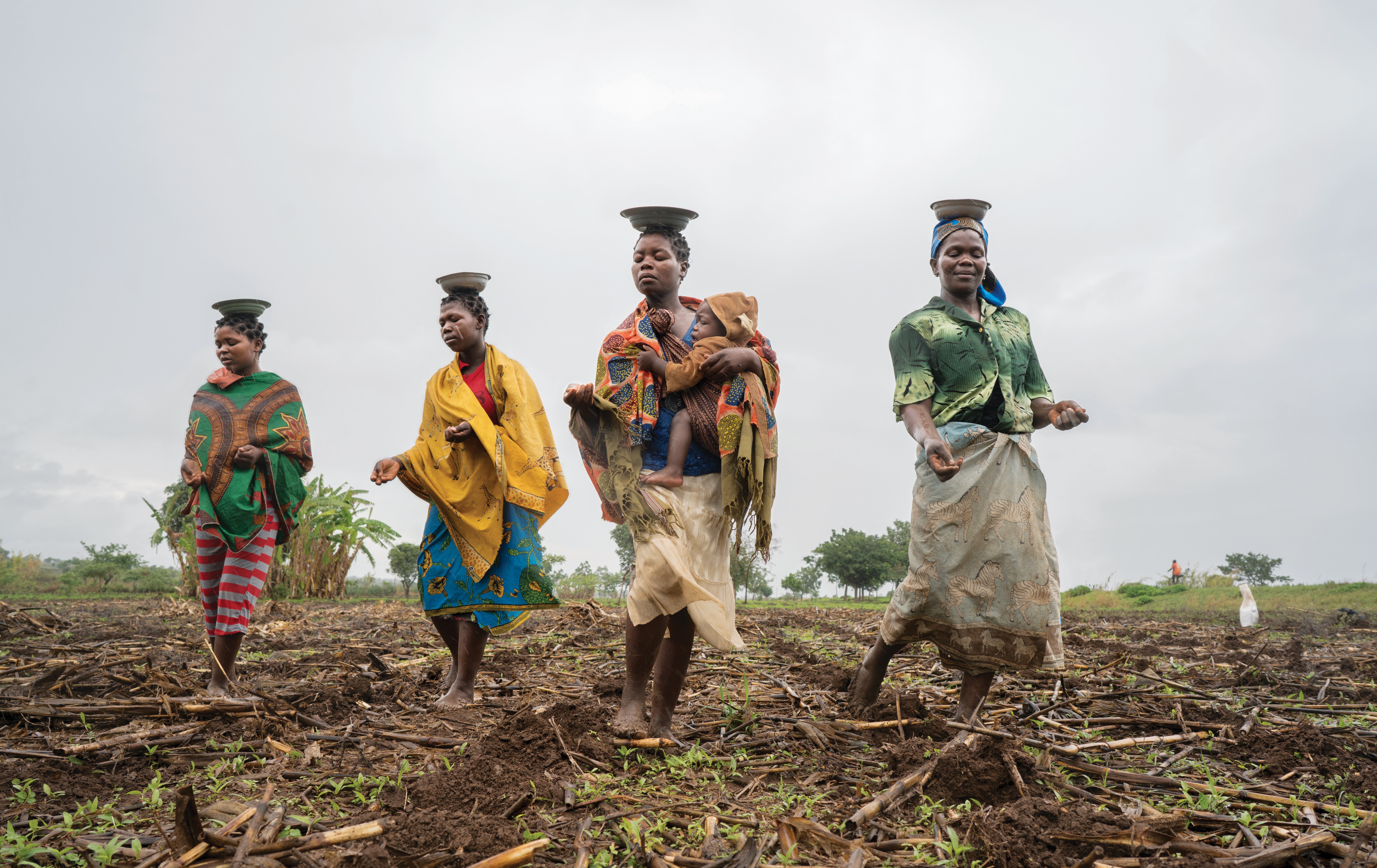Earlier this year, the EAT-Lancet Commission published a groundbreaking report linking healthy diets and sustainable food systems. It proposed scientific targets that meet both the Sustainable Development Goals (SDGs) and the Paris Agreement action plan to reduce carbon emissions. Since then, more than 20 launch events have been scheduled around the globe, including Addis Ababa, Ethiopia.
On February 7, the African Union hosted the EAT-Lancet Commission on healthy diets for sustainable food systems. Government officials, researchers and experts attended the “Food Systems Dialogue on Ethiopia” and developed a list of recommendations going forward. Some of these included at least 10 percent resource allocation to agriculture, the creation of functional and efficient internal markets for enhancing food distribution within the country, post-harvest loss reduction, and stronger collaboration between government and other stakeholders.

“The report has drawn the attention of policy makers, civil society and donors,” said Kindie Tesfaye Fantaye, a researcher and crop modeler at the International Maize and Wheat Improvement Center (CIMMYT). “The event was a good opportunity to create awareness on the chronic problems of stunting and malnutrition in Africa, and agriculture’s central role in contributing to effective solutions.”
Tesfaye Fantaye said CIMMYT’s work is well aligned with the report’s recommendations. In addition to research on sustainable intensification approaches that improve livelihoods while reducing the environmental footprint, CIMMYT explores ways to reduce postharvest losses and increase the nutritional quality of food through biofortification.
During a high-level side event, the commissioners indicated that the report is in-line with the different African Union policies and strategies, including the Malabo Declaration on Agriculture and Postharvest Losses, Agenda 2063 and Comprehensive Africa Agriculture Development Program (CAADP).
“The power of food is its connection. If we get it right, it brings us to a healthy people and a healthy planet,” said Gunhild Anker Stordalen, the founder and executive chair of EAT Foundation.

 Innovations
Innovations 

